In this excerpt, Solís discusses the enchantment she felt the first time that she witnessed Celedonio Molinar performing the role of Major Devil, the baptism of the devils, and how she learned about the performance traditions of Portobelo, Panama.



In this excerpt, Solís discusses the enchantment she felt the first time that she witnessed Celedonio Molinar performing the role of Major Devil, the baptism of the devils, and how she learned about the performance traditions of Portobelo, Panama.
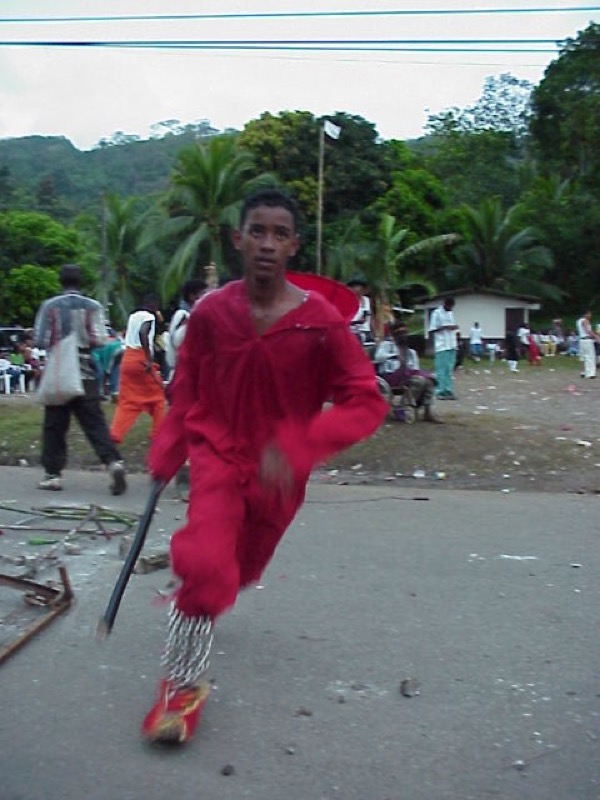
In this excerpt, Jiménez discusses the significance of the devil character to the Congo tradition of Panama and his perspective on playing the Major Devil character.
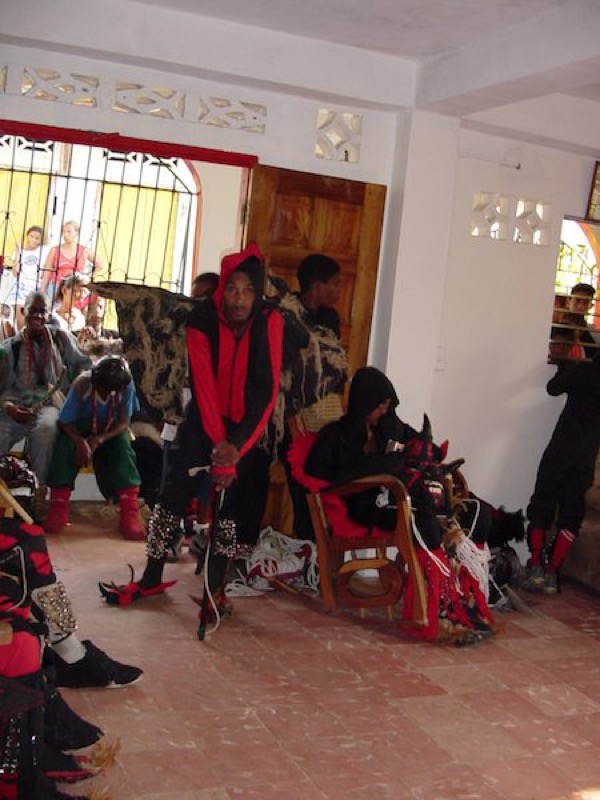
In this excerpt, Jiménez describes the “pujido”/”grunt” that the devil character uses to build internal energy and externalize it. He then discusses his interpretation of its relationship to the occult and a potential existential compromise.
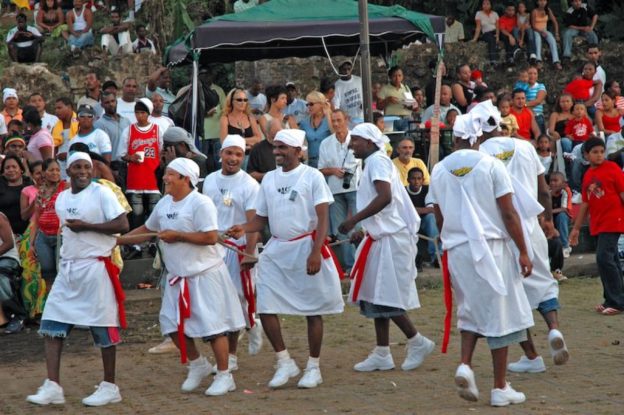
In this excerpt, Molinar shares his experience of being symbolically blessed or “baptized” as the Major Devil character. Just as the “pujido” or “grunt” helps to amplify internal energy, the process of being symbolically baptized helps to abate energy.
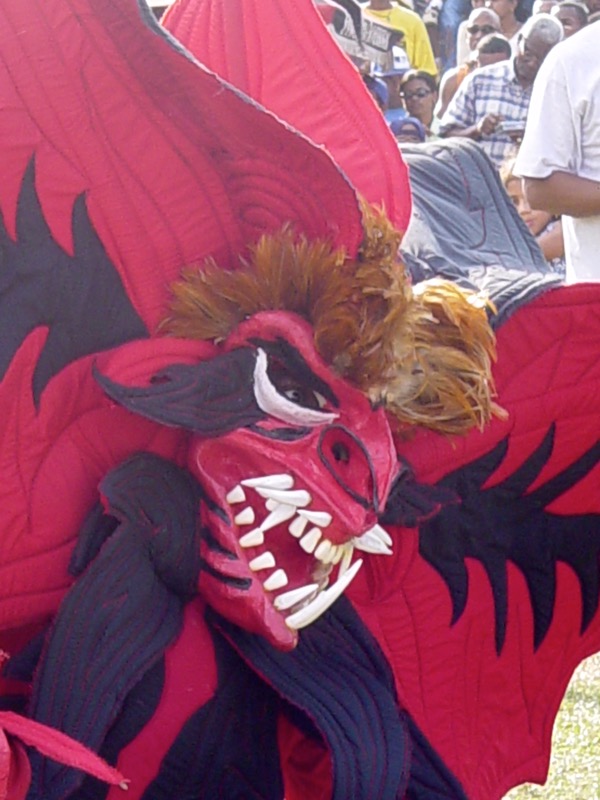
In this excerpt, Molinar discusses the practice of symbolically selling the devil at the conclusion of the Congo game and his interpretation of what the devil character represents within the Congo tradition.
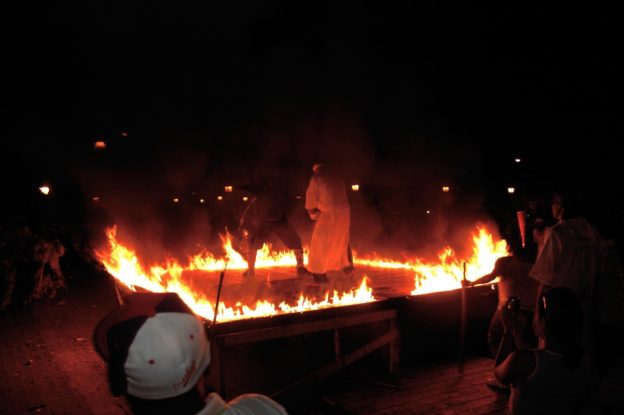
In this excerpt, Molinar discusses a few of the changes that he has witnessed in the devil character’s embodiment within the tradition that displease him and responds to Arturo Lindsay’s question regarding the escalating violence he has witnessed with the way some younger practitioners wield their whips.
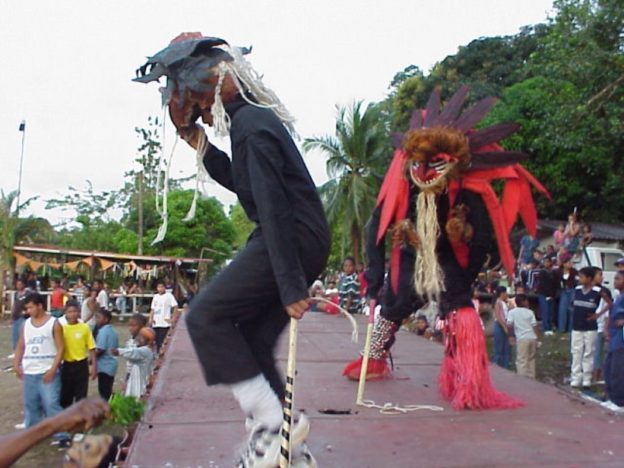
In this excerpt, Molinar discusses the current existence of three people who play the role of Major Devil in the Congo tradition even though the official narrative about the tradition only signifies one Major Devil character playing at any one time.

In this excerpt, Esquina discusses the changes she has seen in the Congo tradition over the course of her lifetime. Specifically, she talks about changes that she has witnessed in ways in which younger practitioners who perform the role of devil in other communities sometimes put razor blades in their whips, which violates the nature of the game.
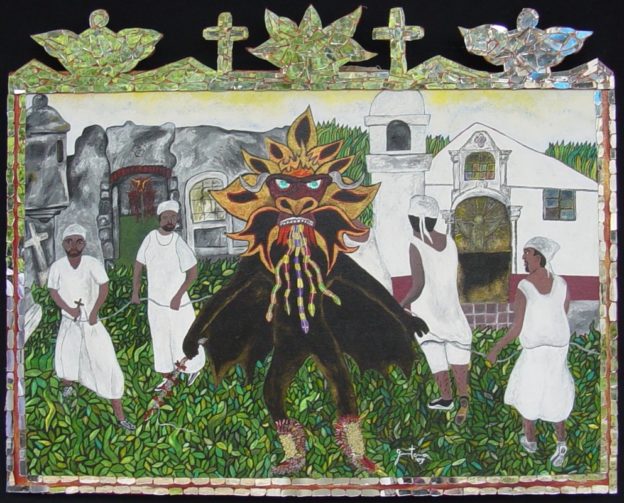
In this excerpt, Esquina discusses the changes she has seen in the Congo tradition over the course of her lifetime. Specifically, she talks about changes that she has witnessed in ways in which the devil character is played.
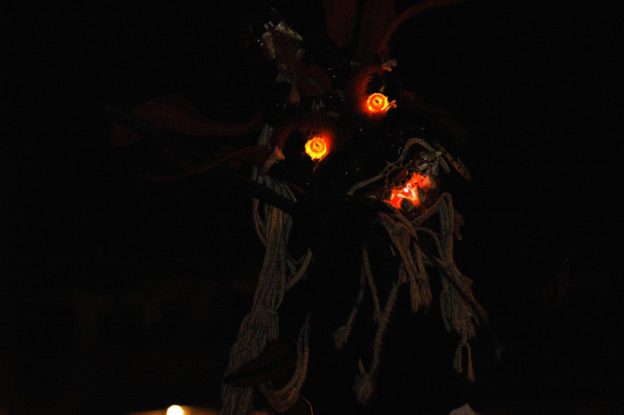
In this short excerpt, Molinar laments some of the escalating violence that he witnessed in the early 21st century.